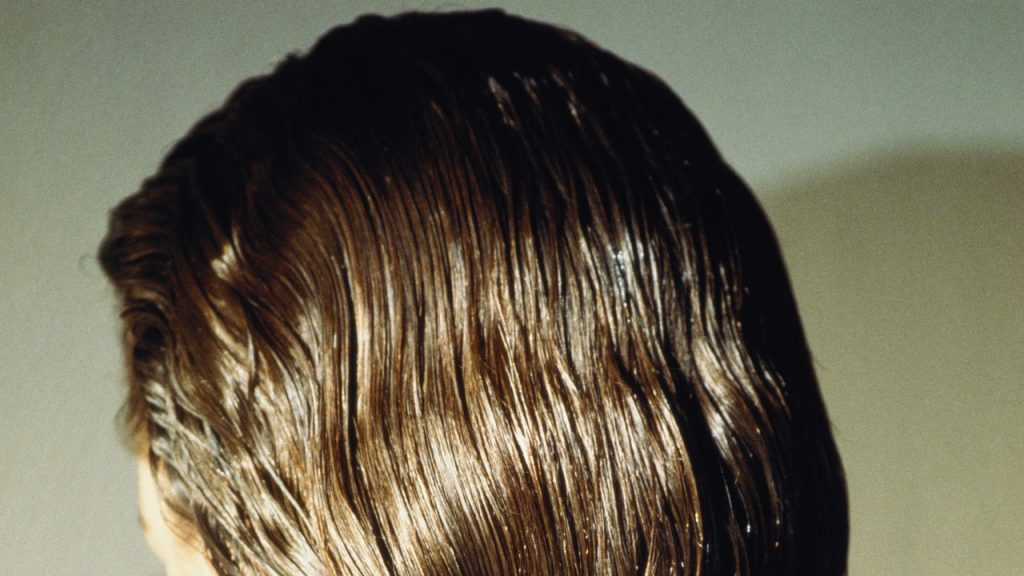Sleeping with wet hair can lead to a number of hair and scalp issues, which is why experts recommend drying your hair completely before going to bed. The five main side effects of sleeping with wet hair include hair breakage, disruption to the microbiome, bacteria growth, possibility of breakouts, and worsening of dandruff, dermatitis, and other scalp conditions. Wet hair is more fragile and prone to breakage, as friction caused by fabric can cause tears on the hair shaft. Additionally, a wet scalp can disrupt the microbiome and promote the growth of bacteria, leading to scalp acne and potential infections.
A balanced microbiome is essential for healthy hair growth and overall hair health, and sleeping with wet hair can increase sweat and sebum on the scalp, disrupting this balance. Moisture from wet hair can also encourage bacteria growth on pillows and bedding, potentially leading to scalp concerns. Leaving hair wet for extended periods of time can contribute to scalp acne and other bacterial infections, as well as worsen existing scalp conditions such as dandruff, psoriasis, and eczema. It is important to keep your hair and scalp dry to avoid these issues.
Experts recommend drying your hair completely before going to bed to avoid the negative effects of sleeping with wet hair. While occasional instances of sleeping with wet hair may not cause significant damage, making it a frequent habit can lead to hair breakage and scalp issues. For times when you may not have time to fully dry your hair, using a hair dryer on a low heat setting or allowing your hair to air dry before bed can help prevent these problems. It is important to prioritize drying your hair for the long-term health of your scalp and hair.
If you do happen to sleep with wet hair occasionally, there are some tips to minimize the potential damage. Avoid excessive head movement and tossing and turning during sleep, as this can increase friction between wet hair and fabric. It is also important to avoid using high heat settings on hair dryers, as this can cause damage to the hair shaft. Keeping your hair and scalp dry as much as possible will help prevent hair breakage, bacterial growth, and scalp issues that can arise from sleeping with wet hair. By taking steps to dry your hair before bed, you can maintain the health of your scalp and hair in the long run.


